Tiny House vs Motorhome? Discover Your Ideal Mobile Lifestyle
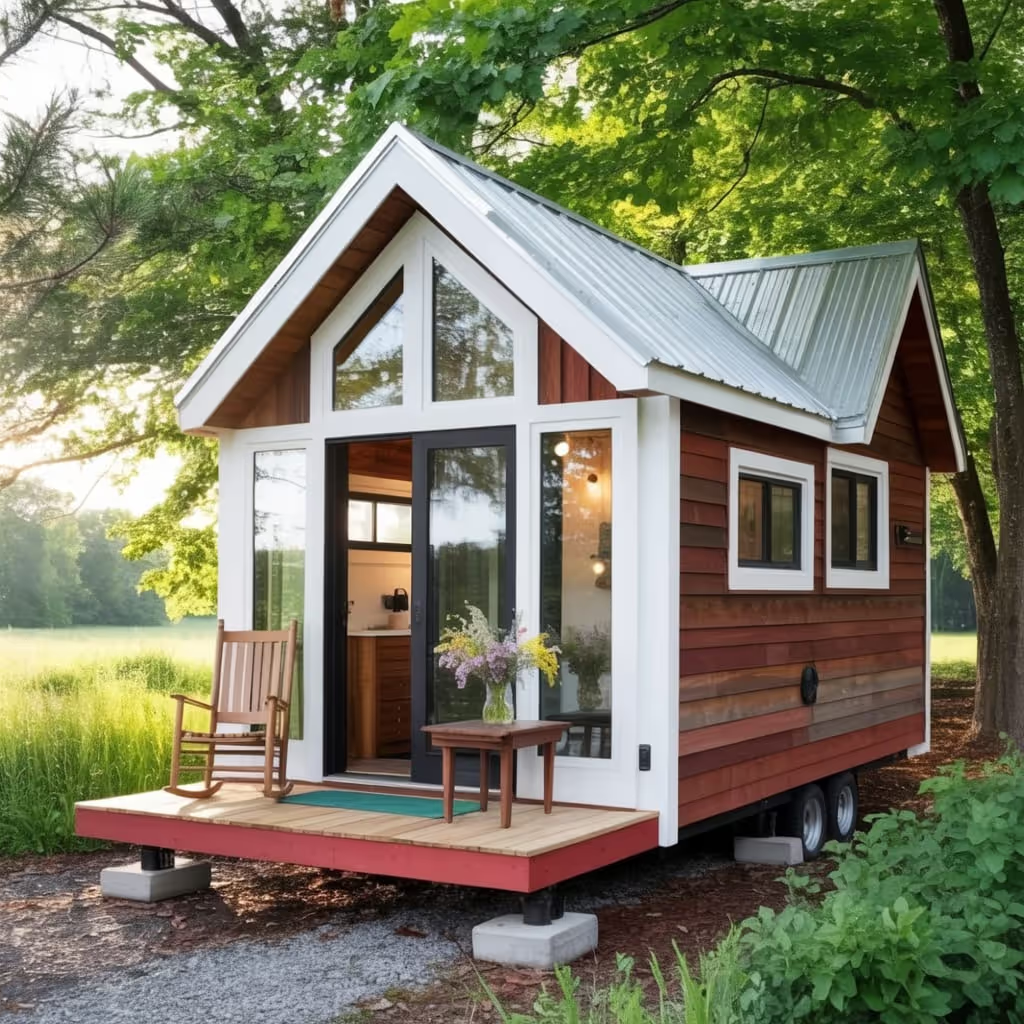

Quick Overview
Breaking It Down by Feature

Setup & Portability
Tiny Houses are typically delivered to a site and require more extensive setup, but can be relocated with the right towing equipment and planning. Motorhomes offer true mobility with built-in driving capabilities, allowing for spontaneous travel and easy relocation without external assistance.
Build Materials & Weather Readiness
Most Tiny Houses are built with residential-quality materials and can be equipped for year-round living, including snow loads and off-grid utilities. Motorhomes use lightweight, specialized materials suited for road travel, though they may offer less weather resistance in extreme climates.
Comfort, Insulation & Space
A Tiny House generally provides better insulation, more flexible layouts, and higher ceilings, resulting in improved comfort and usable living space. Motorhomes have limited space with lower insulation, prioritizing compact design over spaciousness, which can affect long-term comfort during extended stays.
Maintenance & Lifespan
Maintenance for a Tiny House is similar to that of a traditional home, with longer lifespans if well-cared for and protected from the elements. Motorhomes require regular mechanical servicing in addition to interior upkeep, and their lifespan is often limited by mileage and vehicle wear.
Aesthetic Appeal
Tiny Houses can be designed to match a wide range of architectural styles and personal tastes, often blending seamlessly into residential or rural settings. Motorhomes have a standardized exterior look dictated by functionality, with interiors focused on maximizing utility rather than custom aesthetics.
Pricing & ROI
The initial cost of a Tiny House is generally higher, but strong resale potential and utility connections can enhance long-term value and return on investment. Motorhomes may have lower upfront costs for smaller models, but higher depreciation and ongoing maintenance can impact overall financial return.
Frequenty Asked Questions
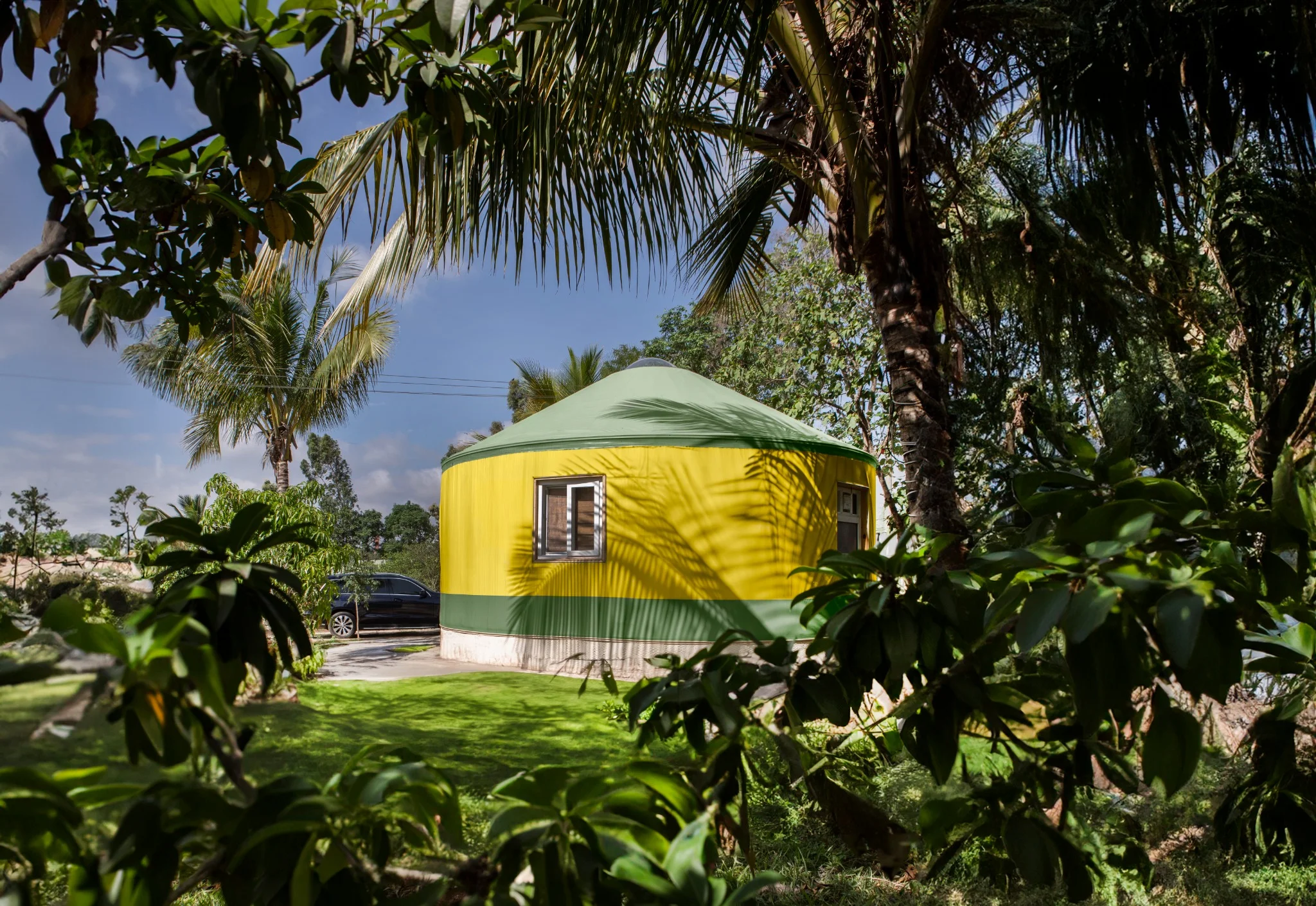
Which lasts longer, Tiny House or Motorhome?
Tiny houses generally last longer due to sturdier construction, while motorhomes may require more frequent repairs and maintenance over time.
Which is more comfortable for year-round use, Tiny House or Motorhome?
Tiny houses offer better insulation and space for year-round living, while motorhomes can feel cramped and less insulated in extreme weather.
Do Tiny House or Motorhome require a lot of maintenance?
Tiny houses provide more comfort for year-round use due to better insulation and living amenities compared to most motorhomes.
How well do yurts handle extreme weather compared to Tiny House or Motorhome?
Tiny houses are typically more suitable for year-round comfort, as they handle temperature and weather changes better than motorhomes.
Do Tiny House and Motorhome need building permits?
Tiny houses tend to be more comfortable throughout the year, offering better insulation and space than motorhomes.

.png)
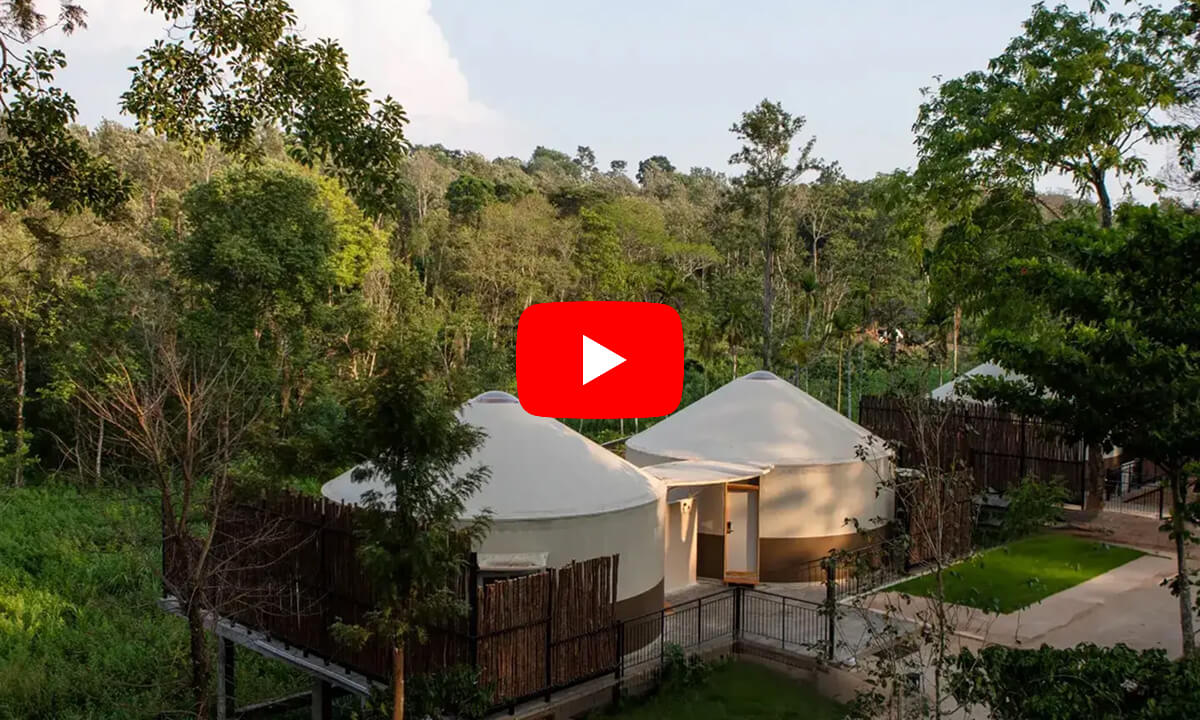

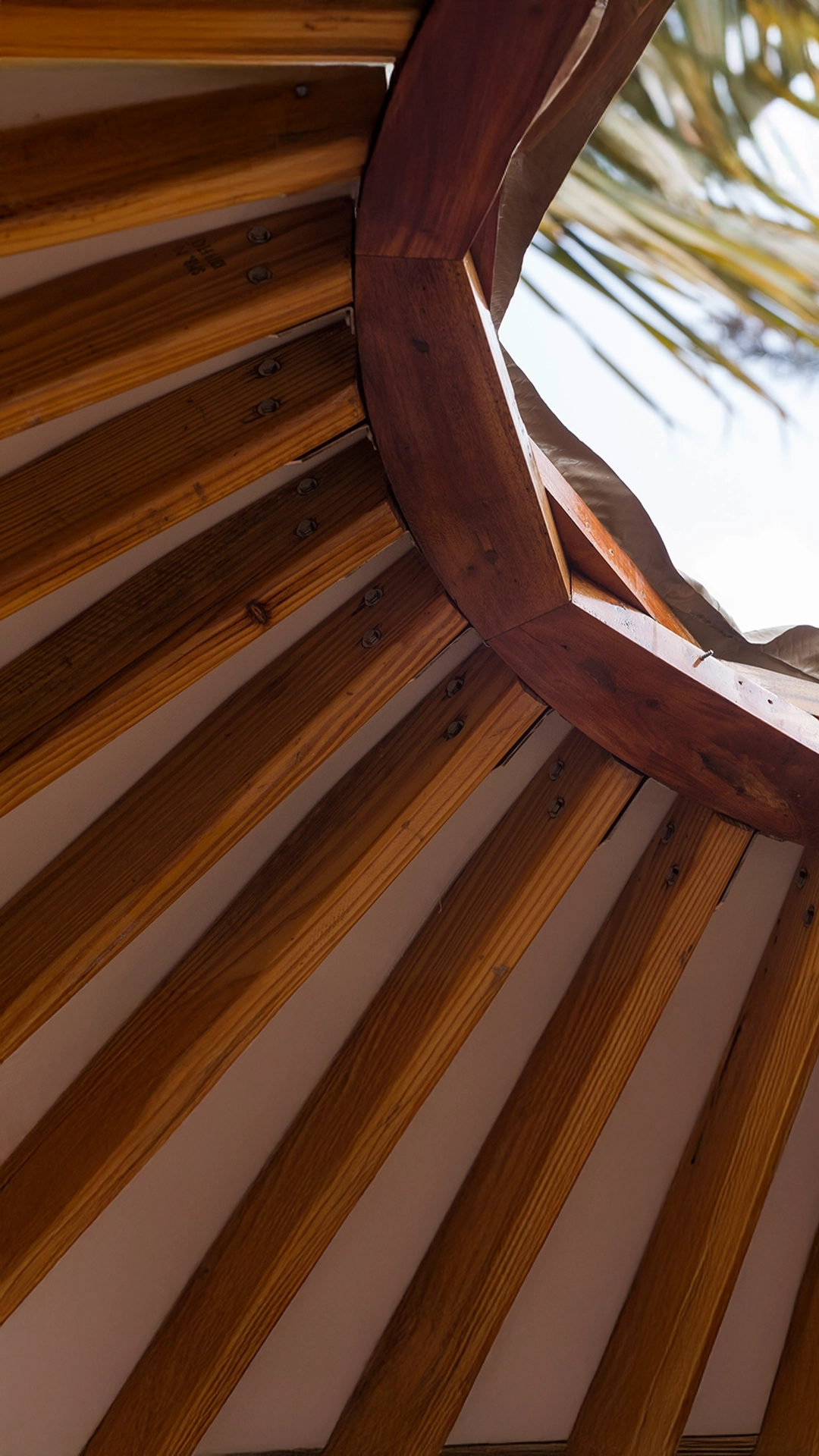
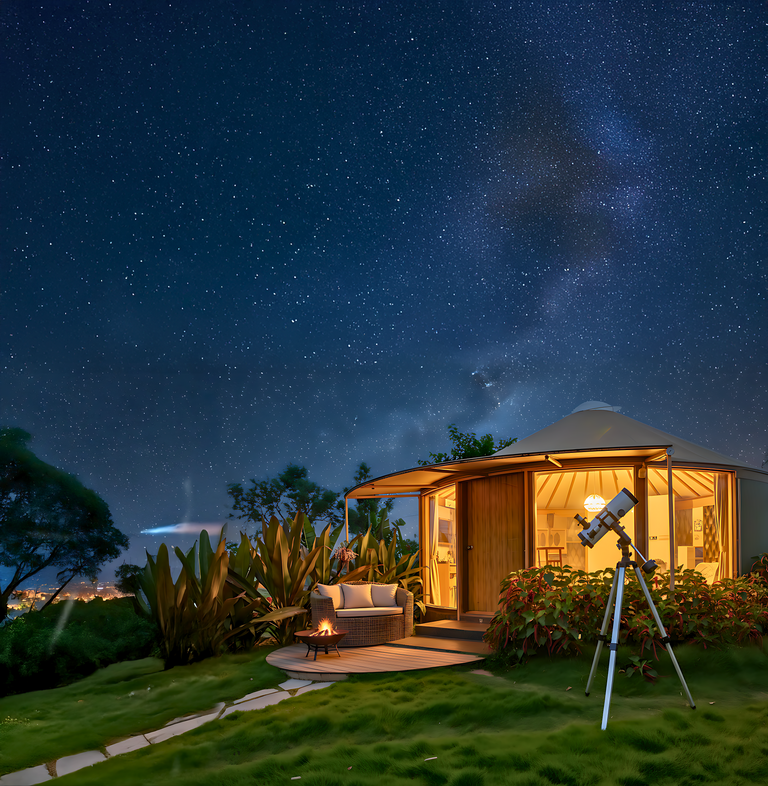
.png)

